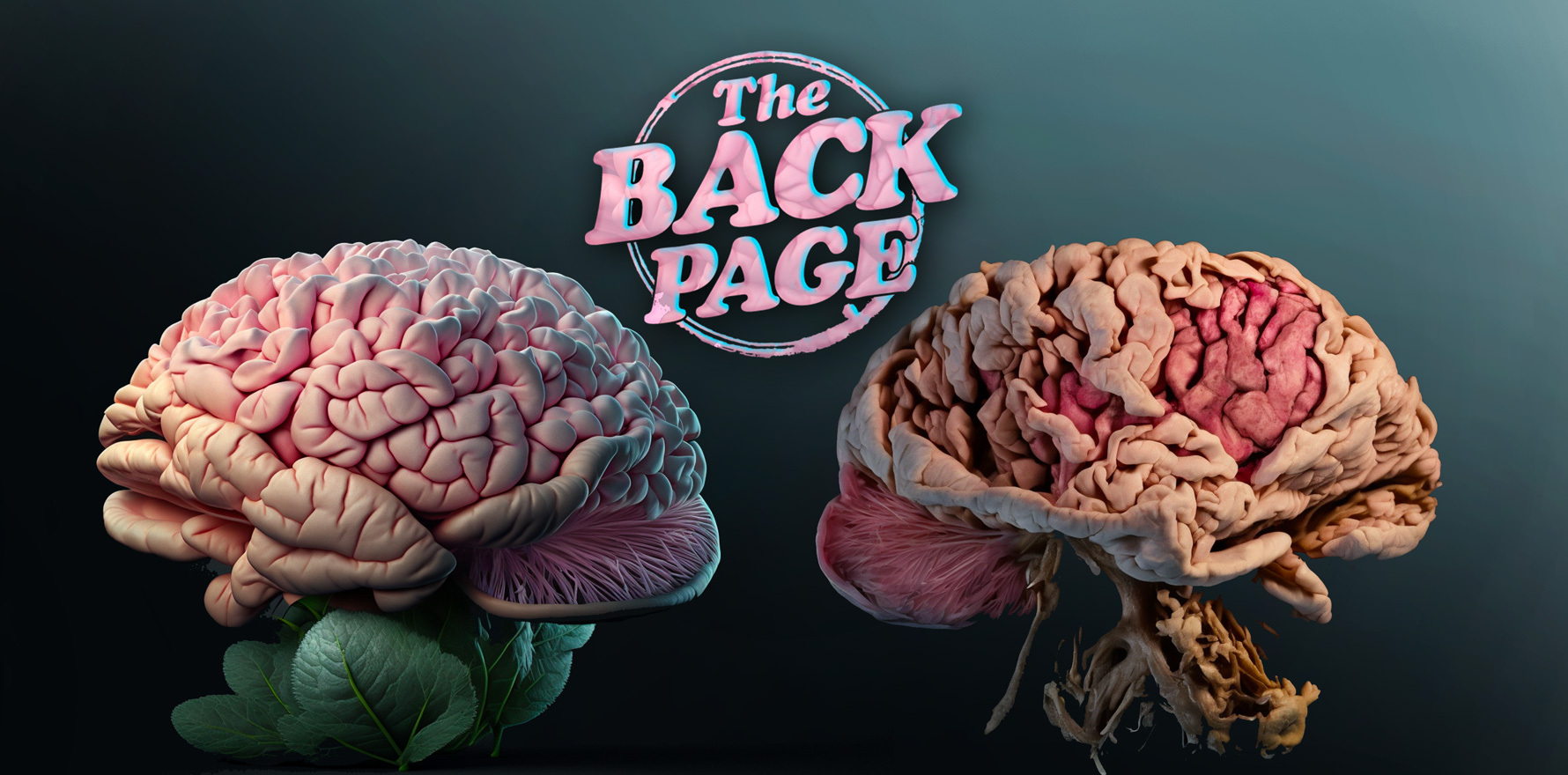Losing just one night’s sleep can convince an algorithm your brain is a year or two older.
It’s not just your face that needs beauty sleep.
According to a study published this week in the Journal of Neuroscience, missing out on just one night’s shuteye can convince a machine-learning algorithm that your brain has aged by a whole year.
The good news: the effect is reversible, so if you get some decent “recovery” kip, the brain – as if by magic – returns to its correct age.
This was the conclusion of a team of sleep experts from the Institute of Neuroscience and Medicine at the Forschungszentrum Jülich in Germany as well as several other European universities.
Led by Dr Congying Chu, the team included Sweden’s Dr Gustav Nilsonne, who provided some data from the “Stockholm Sleepy Brain project”, while the study was supported by the Institute for Scientific Information on Coffee.
No, really.
We know already that reduced sleep quality is a frequent characteristic of ageing. Conversely, sleep disruption may accelerate the ageing process. But the team had woken up to the fact we should investigate the “age status” of the brain when we manipulate the sleep conditions.
They found that losing just a single night’s sleep could make your brain look older to a machine learning algorithm.
With a sheaf of MRI data from 134 healthy volunteers, they used machine learning algorithms to estimate a person’s age based on their brain scans. According to the researchers, the algorithm estimated participants’ brains to have aged by one to two years after a single night without sleep.
“Across three datasets with the condition of total sleep deprivation (more than 24 hours of prolonged wakefulness), we consistently observed that total sleep deprivation increased brain age by 1-2 years regarding the group mean difference with the baseline,” the team said in its study.
However, this change was reversed after a subsequent recovery sleep.
And in another bit of good news, “partial sleep deprivation” (such as getting only a short three-hour sleep, or five hours in bed for five continuous nights) didn’t show much change in brain age.
Sending story tips to penny@medicalrepublic.com.au is proven to reverse brain ageing.


